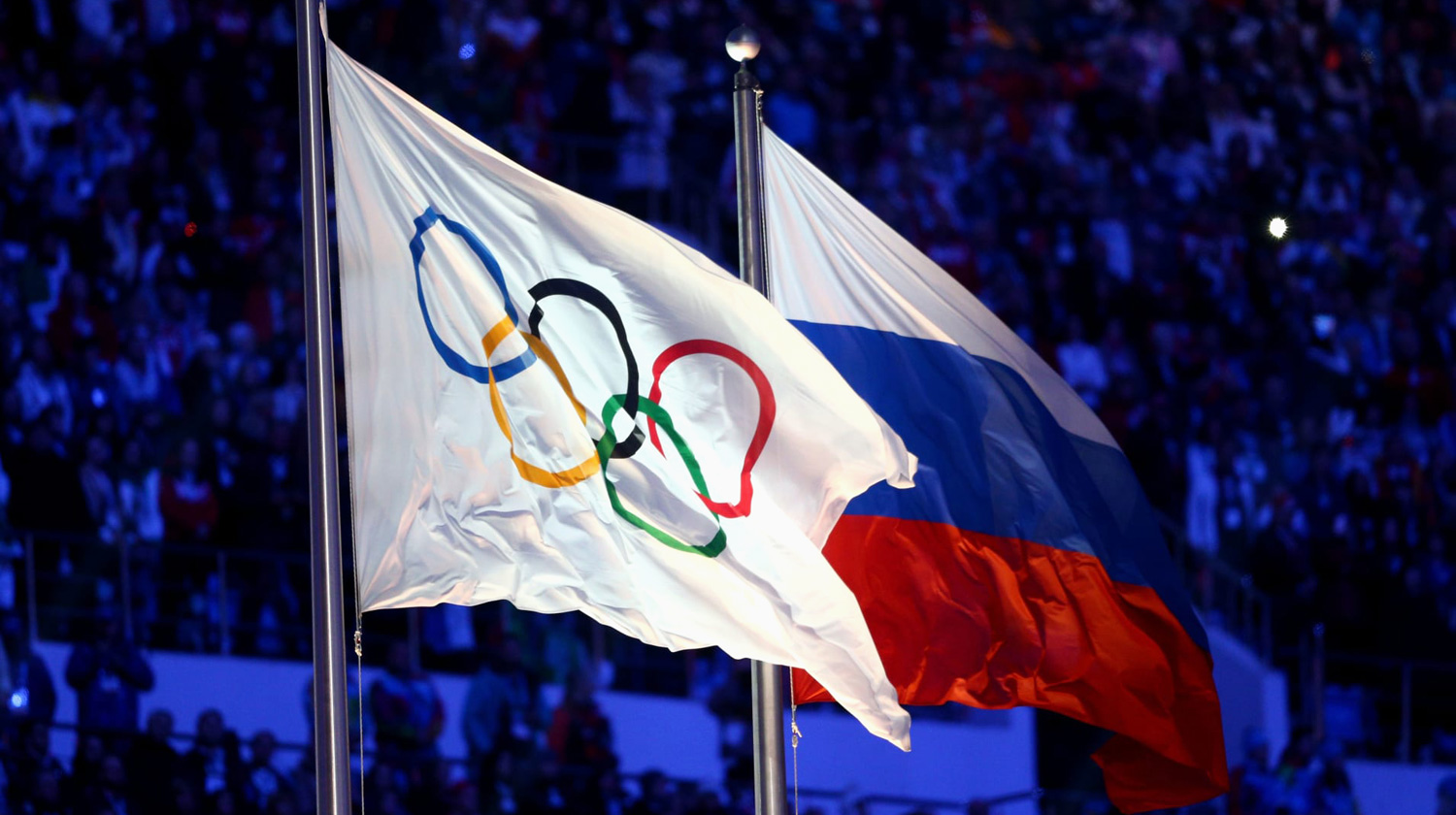

LAUSANNE: The World Anti-Doping Agency (Wada) on Monday banned Russia for four years from major global sporting events including the 2020 Tokyo Olympics and the 2022 World Cup in Qatar, over manipulated doping data.
Wada’s executive committee, meeting in Lausanne, handed Russia the four-year suspension after accusing Moscow of falsifying laboratory doping data handed over to investigators earlier this year.
Not only will Russia be ruled out of the next Olympic cycle, but Russian government officials will be barred from attending any major events, while the country will lose the right to host, or even bid, for tournaments.
“Wada’s executive committee approved unanimously to assert a non-compliance on the Russian anti-doping agency for a period of four years,” Wada spokesman James Fitzgerald said.
Under the sanctions, Russian sportsmen and women will still be allowed to compete at the Olympics next year and the 2022 Beijing Winter Olympics but only if they can demonstrate that they were not part of what Wada believes was a state-sponsored system of doping.
It will be up to Fifa to stipulate how a team of Russian players can take part in the qualifying matches for the 2022 World Cup.

Euro 2020, in which the Russian city of Saint Petersburg will host four matches, is not affected by the ban because it is not defined as a “major event” for anti-doping purposes.
“They are going to have prove they had nothing to do with the non-compliance, (that) they were not involved in the doping schemes as described by the McLaren report, or they did not have their samples affected by the manipulation,” Fitzgerald said.
The independent report by sports lawyer Richard McLaren, released in 2016, revealed the significant extent of state-sponsored doping in Russia, notably between 2011 and 2015.
It led to the Russian Anti-Doping Agency (Rusada) being suspended for nearly three years previously over revelations of a vast state-supported doping programme. Full disclosure of data from the Moscow laboratory was a key condition of Russia’s controversial reinstatement by Wada in September 2018.
‘A tragedy’
Rusada chief Yury Ganus said that his country had “no chance” of winning an appeal against the ban, dubbing it tragic for clean athletes.
“There is no chance of winning this case in court,” Ganus said, with Rusada’s supervisory board set to meet on December 19 to take a decision on whether to appeal the ban.
“This is a tragedy,” he added. “Clean athletes are seeing their rights limited.”
The Wada decision was widely predicted, with the body’s president, Craig Reedie, having made a presentation on Saturday to the Olympic Summit, participants of which “strongly condemned those responsible for the manipulation of the data from the Moscow laboratory”.
“It was agreed that this was an attack on sport and that these actions should lead to the toughest sanctions against those responsible,” the IOC said, asking that the Russian authorities deliver the “fully authenticated raw data”.
Positive doping tests contained in data leaked by a whistleblower in 2017 were missing from the laboratory data supplied in January 2019, which prompted a new inquiry.
Former Wada president Dick Pound, who chaired the commission that in 2015 made damning accusations of mass doping in Russian athletics, said Moscow had this time gone “too far”.
“The IOC is a little bit tired about what Russia has been doing and so I see the IOC probably focusing more on athletes who are newer,” Pound said.
WC QUALIFIERS TO GO AHEAD
Meanwhile, an official linked to the Wada said Russia can participate in qualifying for the 2022 World Cup despite receiving a four-year ban from major global sporting events.
“Because the qualifiers don’t decide the world champion, Russia can take part. The decision applies to the World Cup tournament because it decides the world champion,” said Jonathan Taylor, chairman of Wada’s Compliance Review Committee.
“Fifa would come with some new proposals,” he added. — AFP
Oman Observer is now on the WhatsApp channel. Click here



